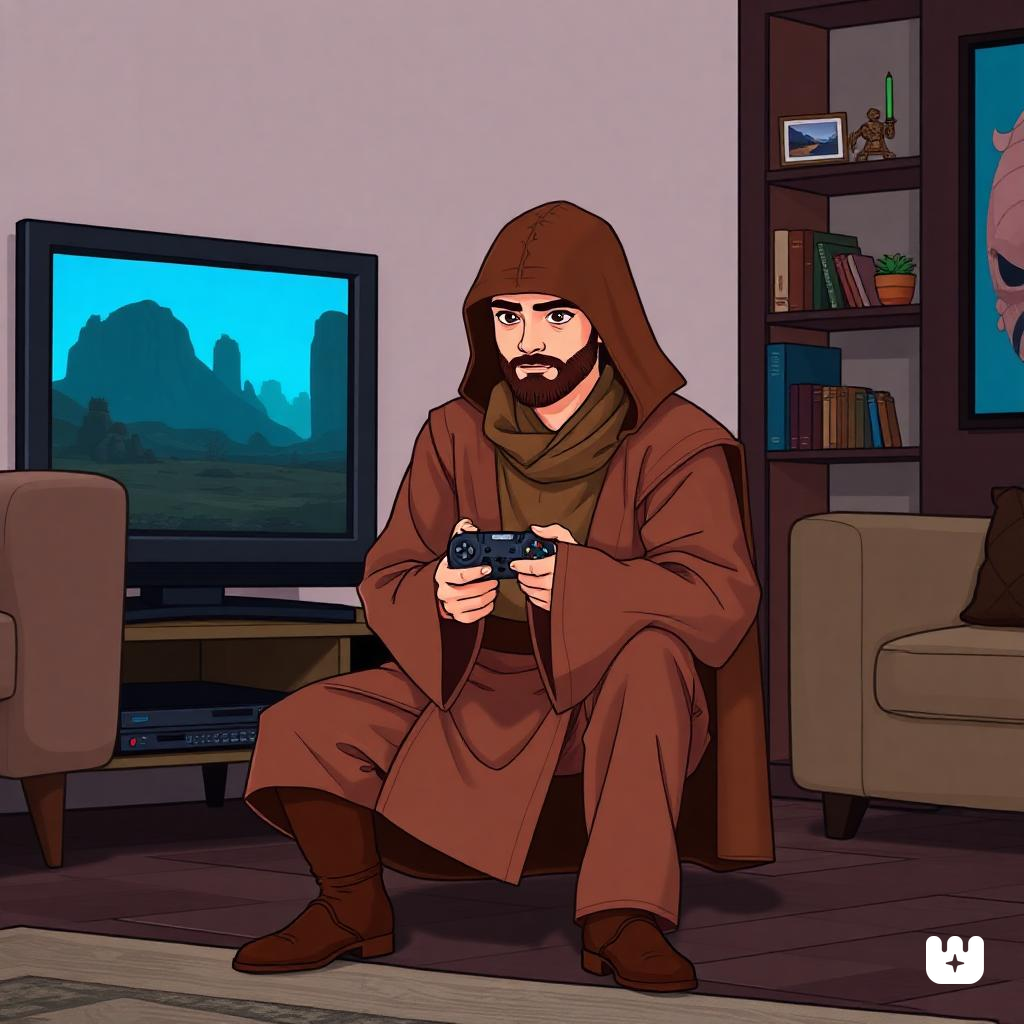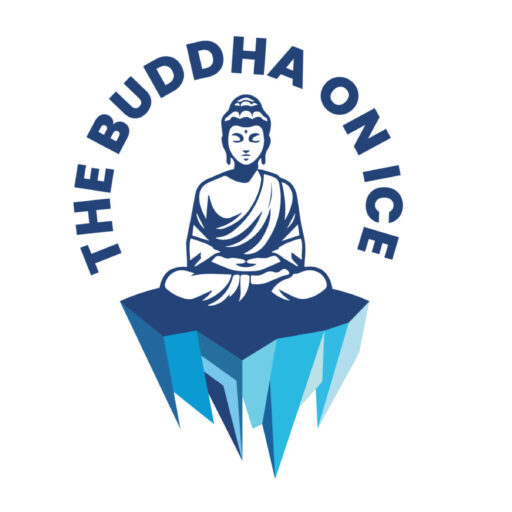Star Wars: Knights of the Old Republic, also known simply as “KOTOR”, is the most popular Star Wars game of all time and is in the running for one of the most popular video games of all time of any genre. It’s a cult classic that’s beloved for it’s eclectic cast of playable characters, dynamic storyline and Buddhist teachings… Buddhist teachings? Ok, fine. It’s not known for the lessons you can learn about Buddhism and Karma, but the lessons are there! You just have to enter a state of “beginners mind” and look deeply, like you’re looking into the thermal exhaust port of the Death Star, to find meaning.
Branching Narrative Games and Buddhist Karma
KOTOR is a “Branching Narrative” game. This means when the player makes a choice or gameplay decision it alters the storyline of the game. There are many games like this: Witcher 2 Assassin of Kings, Alpha Protocol, Fallout New Vegas and the Mass Effect Trilogy to name a few. These games allow players to shape their digital world based on their actions. The ability to alter the story line makes the game more personalized, engaging and creates the opportunity for replays. More importantly, it demonstrates the often misunderstood Buddhist concept of Karma. Most non-Buddhists think of Karma as a cosmic referee. Like a hockey player being sent to the penalty box by a referee for dishing out a late hit, they believe Karma punishes the bad and rewards the good. This isn’t quite the case. True Karma is simultaneously more simple, and more complex, than that.

What is Cause and Effect Karma?
Put in the most simple terms, Karma is cause and effect. It is the belief that all actions, both good and bad, have consequences. Karma is a complex subject that goes deeper than the Great Pit of Carkoon. We’re going to keep it somewhat high level for the purposes of this article. The most evident example of Karma in KOTOR is the effect it has on the story arc. The decisions a player makes are literally life and death. Towards the end of the game the player makes decisions that determine whether their crew will live or die. Choose the light side dialogue option and your companions live. Choose the dark side options and your allies perish, sometimes at your own hand. The decisions you make also lead the player to one of three endings.
This is a simplified example of how Karma works in the real world. Every choice you make may not end in a galaxy saving act of heroism, but it creates conditions that effect you later in life. Not eating breakfast could cause you to binge on junk food later that day, dying your hair a certain color could determine whether or not the attractive person you’re perusing reciprocates your interest, returning the wallet you found could lead to a big cash reward.
We see other examples of Karma sprinkled throughout the game. Your character class determines how you complete objectives. Whether you use brute force to bash your way to the objective, force powers to overpower and confuse your opponents, or stealth to sneak your way to your end goal. You can save a group of underground dwellers from the bombing of Taris by revealing the secret path to their holy land, mend the relationship between two waring families on Nar Shaddaa, or chose whether or not to turn against your companions Juhani and Jolee at the Jedi Enclave on Dantooine. While each event has it’s own set of circumstances that depend on your decisions the point to keep in mind isn’t the results themsevles, but rather the fact that your decisions have their own individual causes and effects.
Darth Revan and Rebirth
There’s also a deeper level of Karma beyond simple cause and effect. The intention behind your choice also plays a part in rebirth. Most people know that Buddhists believe in reincarnation. Yet many non-Buddhists are unaware of the interdependent nature of Karma and rebirth. There are six realms of Samsara. The decisions you make in one life effect your placement in those six realms in your next life.
We see this in action in KOTOR. You’ve had over twenty years to play the game, but we’ll still give you SPOILER WARNING here as it’s important to understand the storyline to understand how Karma is interdependent with Rebirth. Darth Revan is reborn twice throughout the storyline. First, he loses his memory after Darth Malak betrays him and a Jedi strike team captures him. He’s reborn a second time during the pivotal moment when Darth Malak reveals the main character is, in fact, Darth Revan. The story writers drop a bomb bigger than the Death Star detonating during the Battle of Endor.
Karma comes into play when you look deeply into how your actions as a player effect your character’s development. Karma determines who Revan is as a person based on decisions he’s made in the past. In the beginning of the game Revan is a blank slate. His evil deeds in the past caused him to lose his memory and ego. He is so overwhelmingly evil and aligned with the dark side that the Jedi strike team sets out to put an end to his reign of evil. This is cause and effect. His evil ways are the cause and the Jedi strike team’s mission to stop him is the effect.
The second example is how you, as the player, react to the news that you are Revan. From that moment on we see the effects your decisions become exponentially more impactful. Revan is reborn yet again. From that point on your decisions determine which members of your crew live or die and the entire fate of the galaxy rests in your hands. You have the option to embrace the dark side and cultivate “bad” Karma, or turn to the light side and cultivate “good” Karma. Each choice is a cause that has detrimental effects.
One With The Karma, You Are
There are many branching narrative games available, but none of them show the effects of Karma as blatantly as KOTOR. Make a decision with bad intentions and earn dark side points or “bad” Karma. Align your characters actions with “Right Intention” from the Eightfold Path and earn light side points or “good” Karma. Ultimately, your characters development boils down to good or bad Karma. It’s an easily digestible metaphor for the cause and effect, or Karma, we encounter in our everyday lives. Even though it’s set in a technologically advanced society, the basic principles of Karma are still prevalent.

